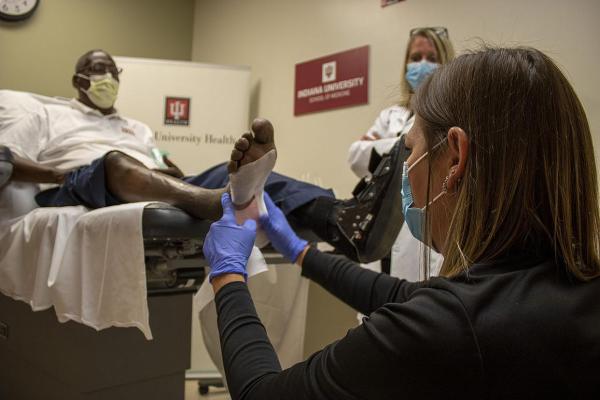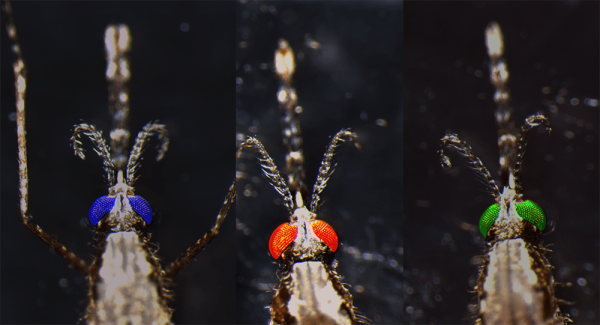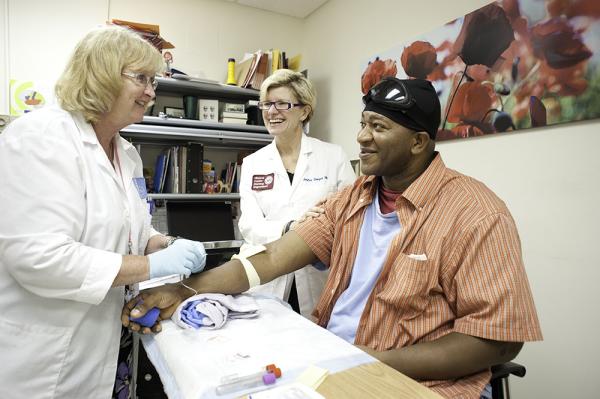Simple Blood Test May Thwart a Complicated Cancer
Signs of Past Viral Exposure Predict Liver Cancer Risk
The liver has a difficult but important job. It serves as the central processing plant for all the food, drinks, and drugs we take in, separating and breaking them down into usable nutrients and toxic wastes that need to be removed from the body. It’s no surprise, then, that diseases affecting the liver can have life-threatening consequences. In particular, infections like hepatitis B and C and liver damage caused by alcohol, drugs, or fatty liver disease can all lead to liver cancer. Unfortunately, even though the presence of these conditions are harbingers of possible liver cancer, the disease often passes unnoticed until it is at an advanced, less treatable stage.
IRP senior investigator Xin Wei Wang, Ph.D., and his NIH research team are developing ways to detect liver cancers much earlier, when existing treatments are much more likely to stop their growth. In honor of Liver Cancer Awareness Month this October, I talked to Dr. Wang about his research and the novel blood test his lab has developed to predict liver cancer risk.










